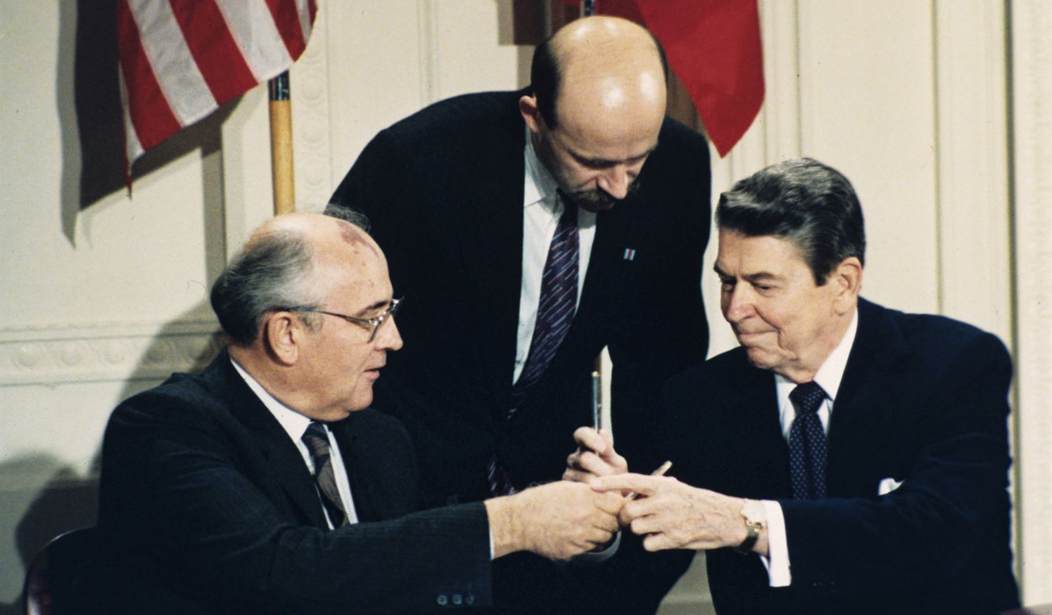2024-Jan-28 (Sun, 028)
Sunday Supplement Science: Trust But Verify
So it's Sunday Supplement time and with any luck at all it'll even be published on Sunday. Would have been even earlier. but I had a couple of students who needed help. Along those lines, if anyone needs tutoring in computer science or programming, you can contact me at Wyzant. In the mean time, let's talk about science and The Science™.
Trust But Verify
I imagine a lot of you are old enough to remember when Ronald Reagan used that line with Mikhail Gorbachev. It was certainly good advice in that context, but it's words of wisdom at any time.
It's also the key to most all of science. You perform an experiment, or develop a hypothesis, and publish it. In the normal day to day practice of science, you write a paper and submit it to a journal or conference, and it's then read by several — usually three — anonymous reviewers. Assuming everything proceeds as it's supposed to, in due course the anonymous reviewers respond, voting to publish as submitted, or offering corrections before it can be published, or worst case saying don't publish it, it isn't good enough.
I'm not claiming that's what happens every time. Someone with a really strong reputation might get passed along with little or no review; someone writing something controversial might have trouble getting past the reviewers even if it's "good science".
Sometime, however, the system breaks down. This happened repeatedly with "climate science." I covered the Climategate controversy at length in PJ in 2011. I'll link a number of the articles below, but here's the main point I wanted to recall:
The emails showed, clearly, that some of the widely mocked conspiracy theories were true. There had actually been a concerted effort to prevent the "skeptics" (or "denialists") from getting access to data, and to prevent anyone who didn't accept the AGW theory wholeheartedly from being published. If the skeptics were stubborn enough, there were even conspiracies to attack their professional credentials and to effectively eject them from the scientific community. There were even half-joking threats to "beat the s*** out of them."
At the time, Judith Curry was still a professor at Georgia Tech, a position she was eventually pushed out of by the climate mafia.
I was over-optimistic at the time: I thought there would be reputations ruined and possibly criminal charges. Instead, Curry was pushed out of academic climate science, Roger Pielke Jr, who pointed out there was actually no evidence for the increasing storm intensity, was investigated by Congress, and his father, himself a senior climate scientist who was a contributor to the IPCC reports until he made conclusions that weren't politically convenient.
So why should we trust science? There's all this, plus the follow-ons about the Fukushima disaster, and of course the clusterfark of the way the Covid stuff was reported.
The answer is "trust but verify." If you see things that don't make sense, check them. Of course, you may not know enough about a topic to be sure, but there's a lot of other people who also are doing the verification. And that brings us to this week's useful website: Retraction Watch.
Retraction Watch follows retractions coming up in the scientific literature. One interesting page here is a list of almost 400 retracted Covid papers, and another 18 "expressions of concern" about Covid papers.
That doesn't begin to cover the number of articles with more or less glaring nonsense from the legacy media.
Here's my advice: if the headline of an article says something like "new study says" followed by something more or less outrageous, go read the original paper first. If you can — often those articles won't actually give you what you need to find an article. If an article starts with "new study says" and it doesn't sound outrageous, check it twice.
PBS Space Time
It's not all nonsense and propaganda. There is a lot of new science every month about Life, the Universe, and Everything, and much of it isn't instantly accessible to non-specialists. That's where PBS Space Time comes in.
The YouTube channel is fronted by an Australian astrophysicist, Matt O'Dowd, who presents new videos regularly explaining some of the big controversies in astronomy and astrophysics in an understandable format. He explains the details, but he doesn't dumb down the details. He even includes some of the math.
I especially like their playlist on black holes,And their playlist on aliens (spoiler: it's never aliens — until it is.)
And that's it for this week. Please comment on topics you'd like to see, or recommend other web sites of YouTube channels. And watch for next week's episode.










